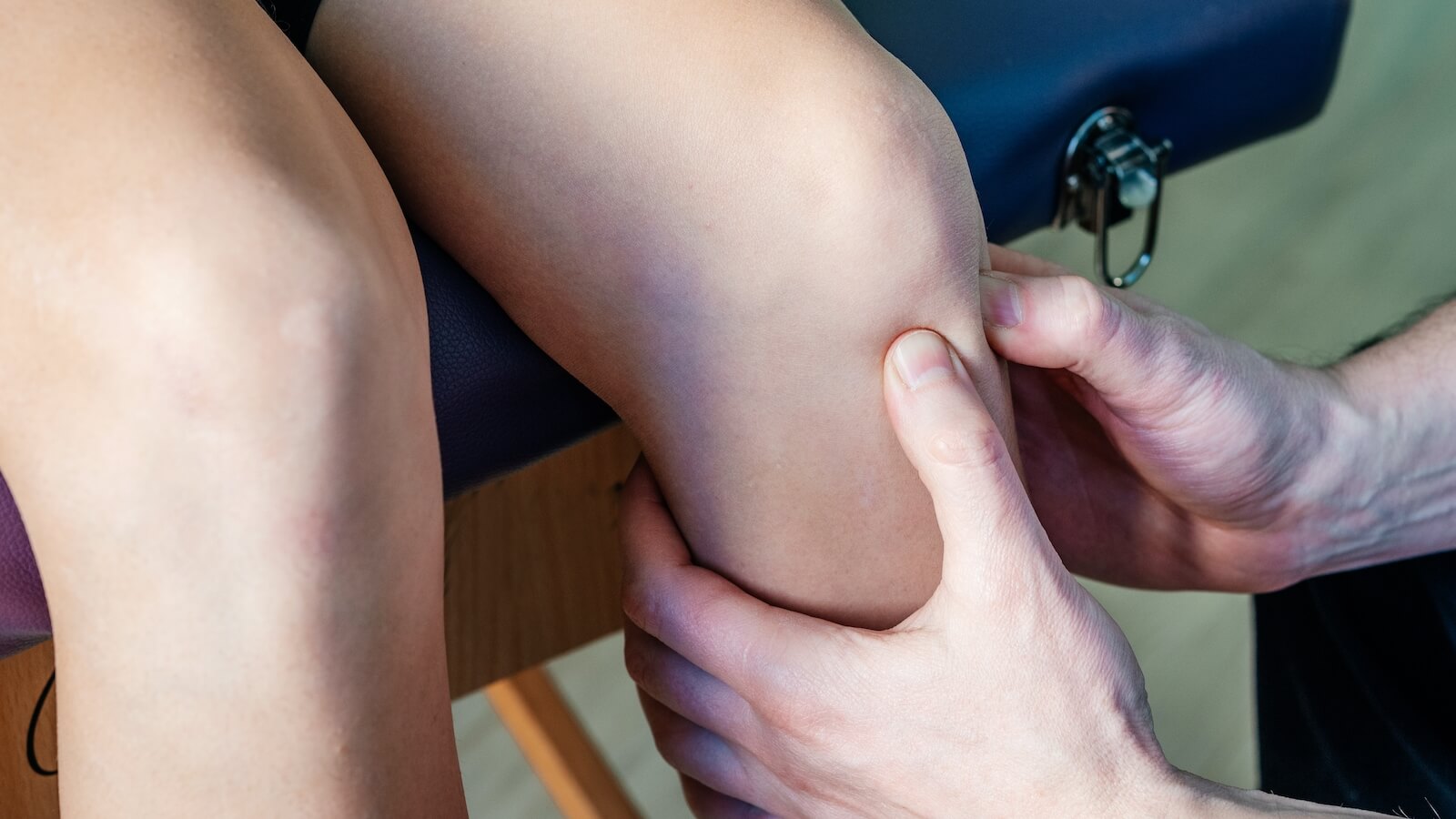Innovative Stem Cell Therapy for Knee Revitalization
Discover the transformative power of stem cell therapy for knees, an avant-garde approach to mend knee injuries and alleviate chronic pain, presenting a promising alternative to conventional meniscus surgery.
This advanced therapy leverages mesenchymal stem cells, including those derived from Wharton's jelly and bone marrow, to foster natural healing and tissue regeneration in the knee joint.

GET IN TOUCH
Filling out this form is the fastest way to reach our team, once completed please be sure to check your email inbox for a confirmation message.
Harnessing Mesenchymal Stem Cells for Knee Recovery
Mesenchymal stem cells, particularly those extracted from Wharton's jelly, are pivotal in regenerative medicine for their exceptional ability to differentiate into various cell types crucial for knee joint repair, including cartilage and meniscus tissue. These cells, known for their potent regenerative capabilities, are instrumental in addressing avascular meniscus tears and aiding meniscus regeneration.
Ideal Candidates for Stem Cell Therapy
Individuals grappling with meniscus injuries, knee osteoarthritis, or those contemplating alternatives to meniscal surgery may find solace in stem cell therapies. These treatments are particularly suited for patients seeking to mend meniscal tissue, enhance knee function, and potentially bypass the complexities and rehabilitation associated with meniscus surgery.
Stem Cell Injection for Meniscus Tear
Meniscus injuries and tears are common yet potentially debilitating conditions affecting the knee's cartilage, which serves as a cushion between the bones in the knee joint. A meniscus tear can result from acute trauma, such as a sports injury, or due to degenerative processes associated with aging, where the meniscus wears down over time, becoming more susceptible to tears.
The meniscus plays a crucial role in knee stability, shock absorption, and load distribution within the joint. When it's injured or torn, it can lead to pain, swelling, and limited knee mobility, significantly impacting an individual's quality of life. Traditional treatments have ranged from physical therapy to surgical interventions, such as meniscectomy or meniscus repair surgeries, which come with varying degrees of success and potential complications.
Stem cell therapy presents a groundbreaking approach to treating meniscus injuries and tears. By harnessing the regenerative potential of stem cells, this treatment aims to promote the natural healing of meniscal tissue. Stem cells, particularly mesenchymal stem cells derived from sources like bone marrow or adipose tissue, have the capacity to differentiate into various types of cells, including those that make up cartilage and other joint tissues.
When injected into the affected area of the knee, these stem cells can stimulate the body's own repair mechanisms, potentially regenerating damaged meniscal tissue and alleviating pain. This regenerative process can reduce inflammation, improve joint function, and possibly delay or eliminate the need for surgical interventions, offering patients a non-invasive, promising alternative for meniscus injury recovery.
Degenerative Meniscal Lesions and Tears
Degenerative meniscal lesions are age-related tears often occurring in the knee's meniscus without a traumatic event. These tears can cause pain and mobility issues. Treatment options include partial meniscectomy, where the damaged meniscus tissue is surgically removed, or more conservative approaches like platelet-rich plasma (PRP) and stem cell injections, which aim to stimulate the body's natural healing process. While partial medial meniscectomy is a common surgical intervention for severe cases, emerging regenerative therapies like PRP and stem cell injections offer non-surgical alternatives to potentially repair the torn meniscus and alleviate symptoms.
FREQUENTLY ASKED QUESTIONS
The safety profile of stem cell therapy, especially when employing adult stem cells for knee treatment, is notably favorable when contrasted with the potential complications of knee replacement surgery. Utilizing autologous adult stem cells for knee injections significantly reduces the likelihood of adverse effects. Typically, patients may experience some pain and swelling, but these are the most common side effects. Infections, while possible, are exceedingly uncommon due to the procedure's non-invasive nature, making stem cell therapy a safer alternative for knee repair.
